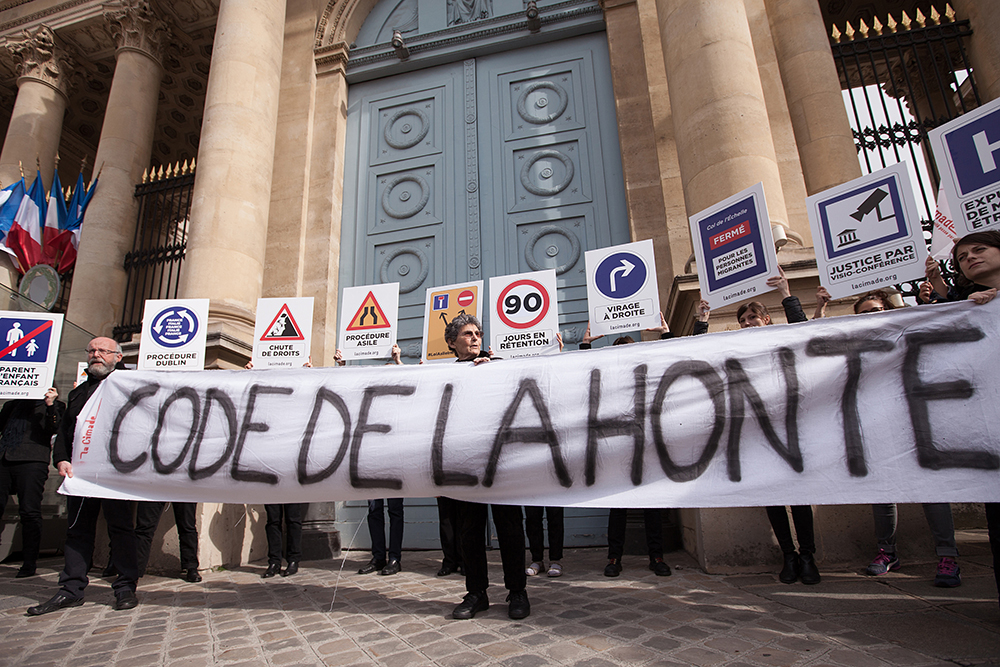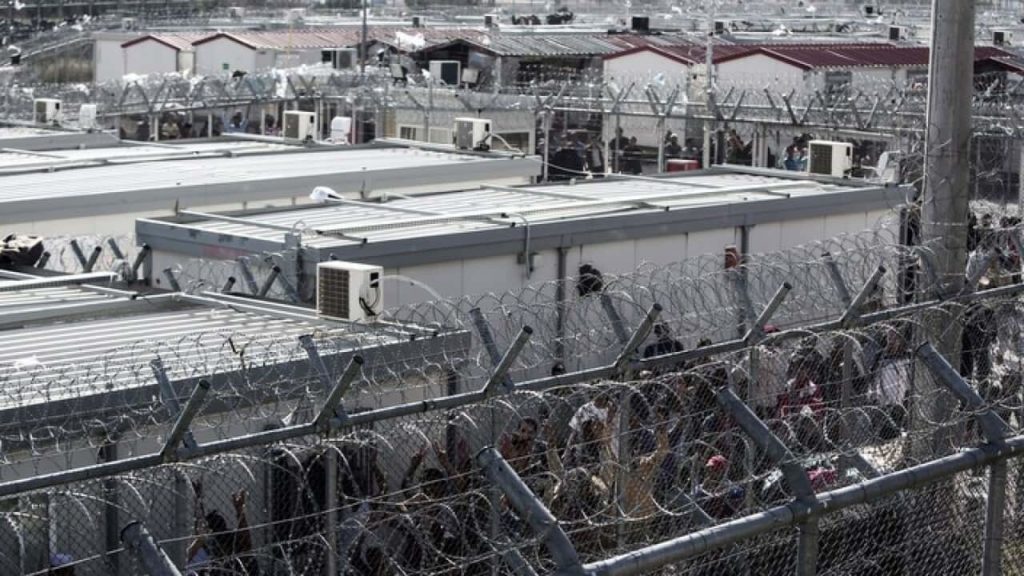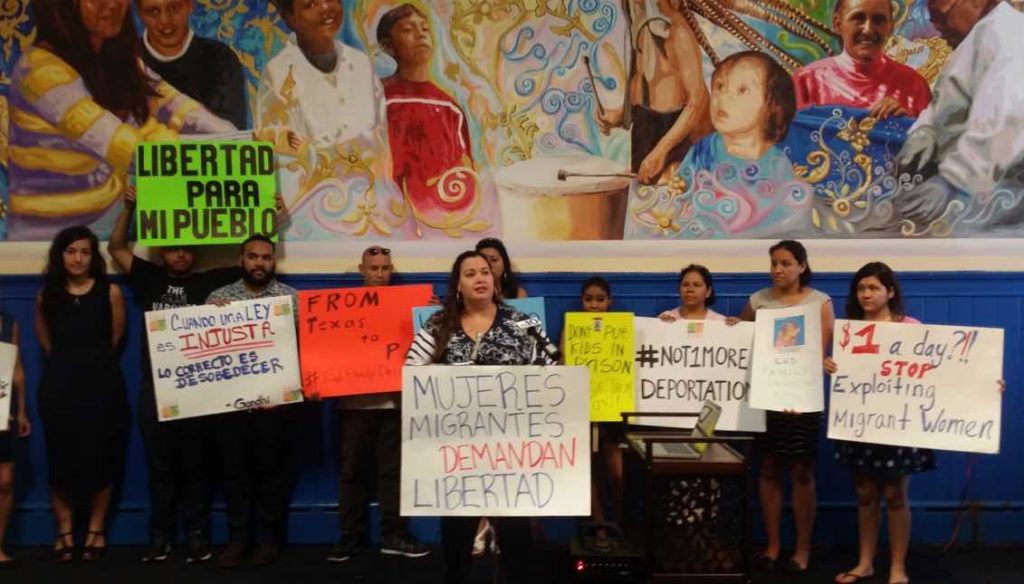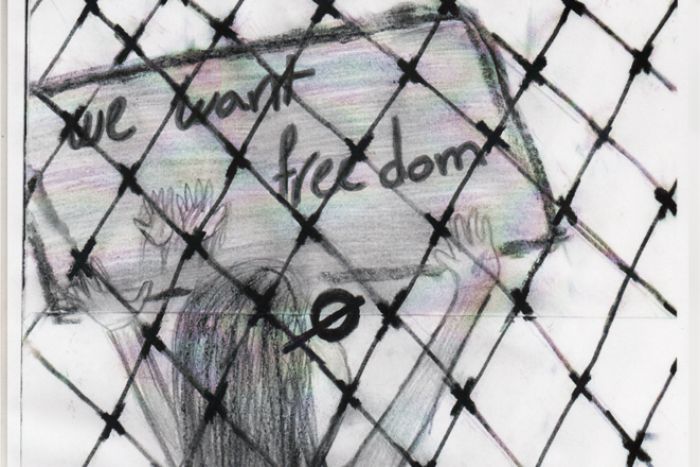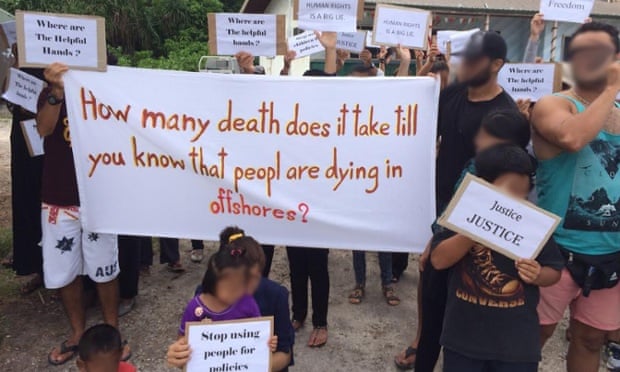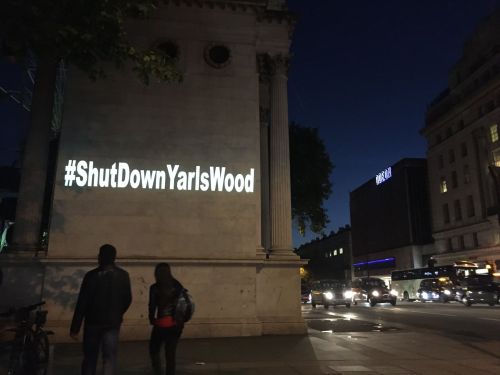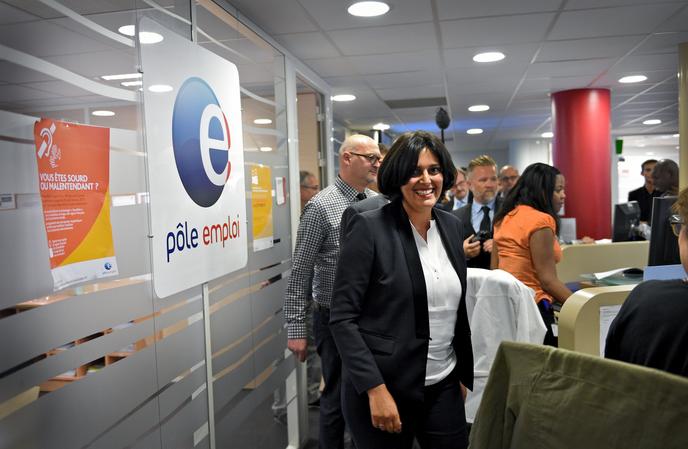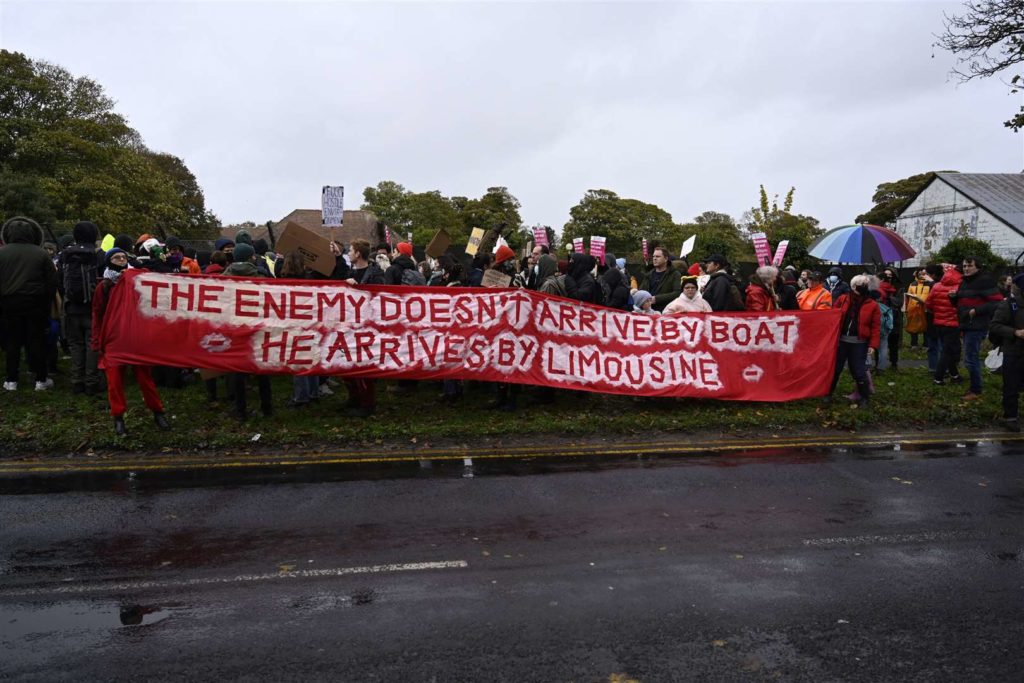
The past week has demonstrated, once again, if any demonstration was needed, the complete mess that is the English government’s `reception policy’ towards asylum seekers, refugees, and, more generally, migrants. At the center is the Manston `processing center’, located in Kent. Early this week, journalists arrived and were refused entry. Security guards began herding people into the buildings, when a group of children broke through their ranks and ran towards the fence. One girl got close enough to throw a message in a bottle over the fence. The letter describes abuse of pregnant women, children living with disabilities, everyone: “We really need your help.” Manston has a capacity for 1600. At the time of the letter, it housed at least 4000 people. In response to the uproar over conditions, the Home Office took some residents, drove them to Victoria Station, and dumped them there, in the middle of the night, without accommodations, winter clothing, information, or anything. This is what `processing’ looks like.
This weekend, it was revealed that people without any experience in asylum or immigration procedures are being hired off the street and, with little to no preparation, are put in charge of adjudicating asylum applications: “It’s a total disaster. They don’t know what they’re doing”. Meanwhile, asylum seekers who make it through the first rung of `processing’ are often dumped in hotels where they are forced to stay, often for over a year. As one Kurdish Iranian asylum seeker put it, “One, two, three months is reasonable in a hotel, but not 17 months. Expecting us to stay with nothing to do is intolerable.” What is going on? Processing. Processing disaster. Processing the intolerable.
The situation at Manston is so bad that the Border Force union is joining a legal action over “horrendous, inhumane and dangerous” conditions. 4000 crowded into a space where the maximum 1600 would have difficulty. People are not supposed to stay longer than 24 hours. They’re staying for more than 30 days. Infectious disease is spreading throughout the detained population. The sanitation is inadequate, to put it delicately. On Thursday, a minister in the Home Office admitted the center was operating illegally. It is still in operation. Seventeen-year-old Mohammad, who spent 25 days at Manston, put it succinctly, “It is not a situation that humans deserve to live in.”
It is not a situation that humans deserve to live in.
There is a tendency to report this situation as one of “neglect”: “Britain’s asylum system is broken after years of political neglect.” Others argue the system has `failed’ or it’s `broken’. Nothing could be further from the truth. The system wants to produce the public spectacle of cruelty. Cruelty is the point. Asylum originally meant `refuge’, “sanctuary’, `inviolable’. Today, it means both `vulnerable’, on one hand, and `dangerous’, on the other. The Home Office has described asylum seekers as an invasion. The Home Office has been using that rhetoric for over twenty years. So, when you read that children are being tortured, know that that is the intention. The spectacle of cruelty is the intention. It is not a situation that humans deserve to live in. Shut it down.
(By Dan Moshenberg)
(Photo Credit: Kent Online)

